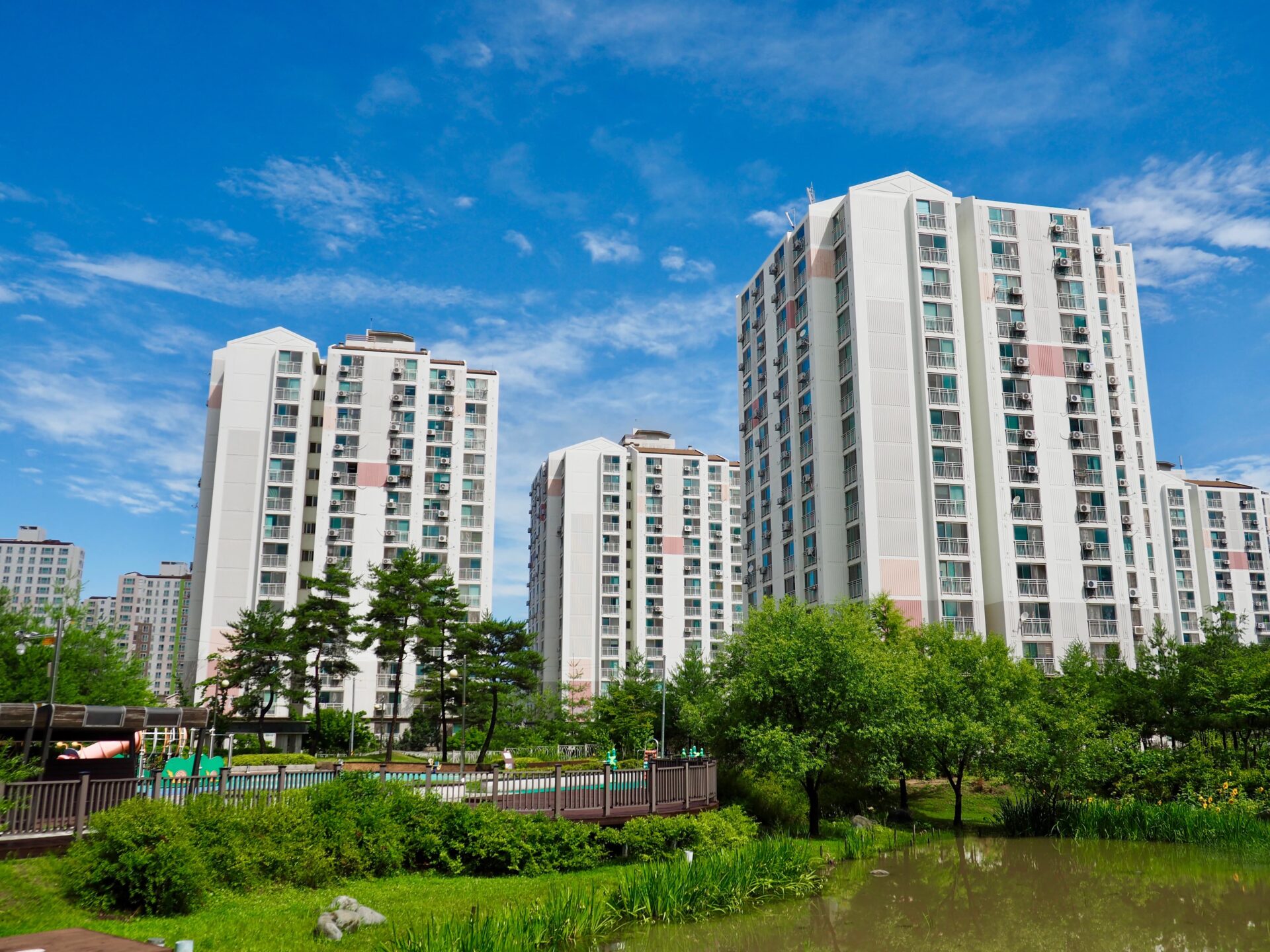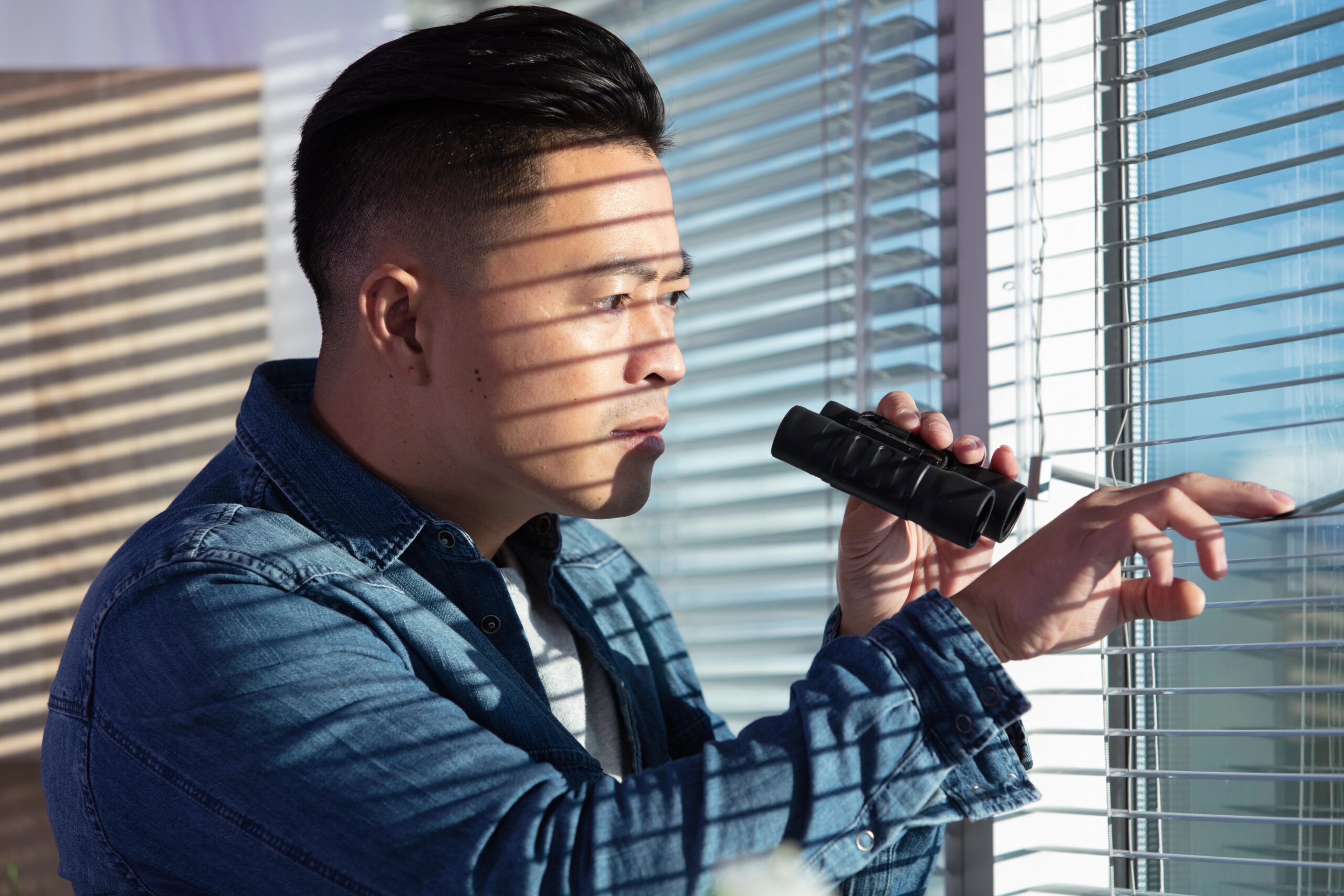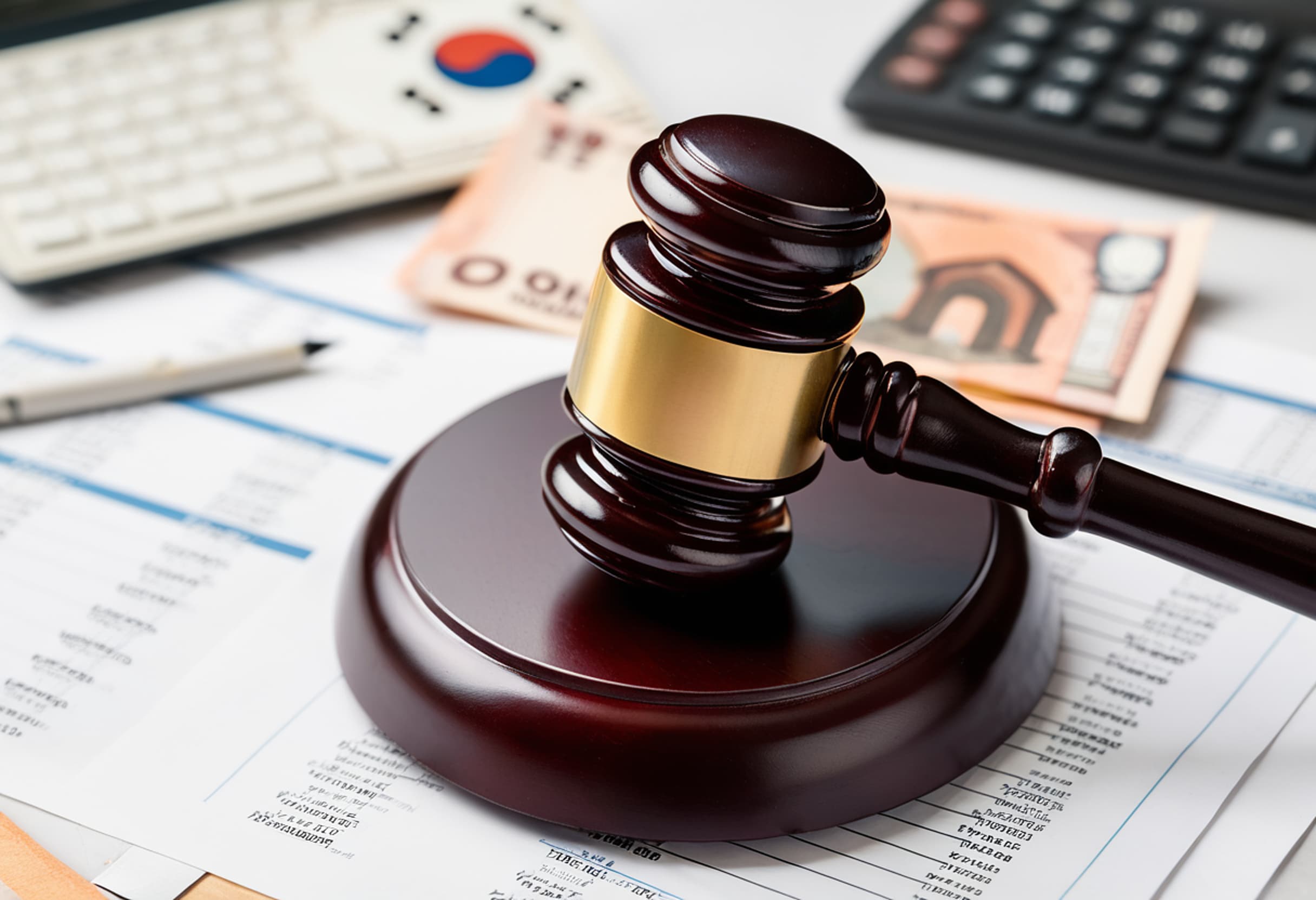How to Rent a House in Korea: A Complete Guide for Foreigners
Understanding the Korean Rental System
Unlike many countries where you only pay first and last month’s rent, South Korea property owners usually require substantial deposits that can range from millions to hundreds of millions of won. This unique system requires careful consideration and proper safeguards to protect your investment, so Pureum Law Office is here to help.
Essential Steps to Secure Your Rental
1. Work with a Real Estate Agent (부동산)
While not legally required, working with a real estate agent is strongly recommended because:
- They can verify property ownership and prevent fraudulent rentals
- They provide standardized government contracts
- You can hold them legally responsible for undisclosed property defects
- They help protect against unfair contract terms
2. Property Verification
Before signing any lease, ensure you:
- Obtain and review the property registry extract
- Check for existing mortgages or tax liens
- Verify previous tenant deposits and their priority status
- Review the household register for other registered tenants
- Confirm you’re paying fair market value for the area
3. Contract Requirements
- Always use official bilingual (Korean-English) lease contracts
- Pay special attention to the “Special Terms” section (특약사항)
- Never accept Korean-only contracts
- Avoid cash-only transactions
- Be wary of below-market rental prices
4. Post-Lease Legal Requirements
Complete these steps within 14 days of moving in:
- Register your lease at the local community center (주민센터)
- Obtain a “fixed date” stamp (확정일자) from the local office
- This protects up to ₩32,000,000 of your deposit in Seoul (amounts vary by city)
- Gives priority in case of property ownership changes or bankruptcy
- Update your address with immigration authorities
- Required within 14 days to avoid fines up to ₩1,000,000
- Submit lease agreement, passport, and alien card
- Provides “opposing power” (대항력) to protect your residency rights
Protecting Your Deposit
- Consider lease deposit insurance for additional protection
- Be cautious with deposits exceeding the locally protected amount (e.g., ₩32,000,000 in Seoul for deposits under ₩95,000,000)
- Keep all documentation and payment records
- Ensure all transactions are properly documented and legally registered
Warning Signs to Watch For
- Reluctance to provide official documentation
- Pressure to sign quickly or skip legal procedures
- Unusually low rental prices
- Unwillingness to use a real estate agent
- Resistance to obtaining a fixed date stamp
Remember that protecting your substantial rental deposit requires careful attention to legal procedures and documentation. When in doubt, consider consulting with legal professionals like those at PLO who specialize in real estate transactions for foreign residents.




